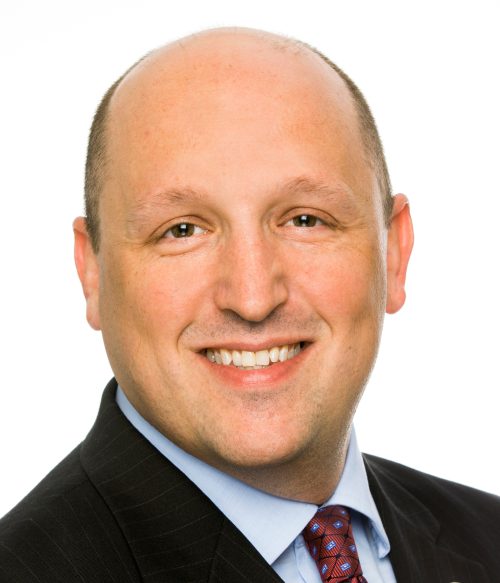Greg Blose
Palm Coast/Flagler Regional Chamber of Commerce

What are the biggest challenges your company/organization faces today and how do you expect to address them?
My biggest challenges are organizational growth, organizing the business community, uniting local governments and planning for the future. The only way these goals can be achieved is by assembling a team of business and community leaders and creating meaningful and lasting partnerships on a common vision, not just for the Chamber but also for the entire region.
How has the experience of the past few years changed your expectations for growth?
Because our Chamber began during the pandemic, our growth perspective is very strong for the foreseeable future. I have concerns about our organization growing appropriately and making sure we have ample financial reserves. The pandemic taught everybody that savings and disaster preparedness plans are crucial.
An organization’s culture flows from the top down. What leadership skills do you find effective in promoting the agency’s mission and vision to employees, clients and customers?
Listening is the most important leadership skill, in my opinion. Hearing the perspectives of others and using that information to improve our services or initiatives is important. Being a new Chamber of Commerce in the community and only having moved to our region two years ago means I must work hard to understand what key stakeholders are thinking.
I also believe creating and executing a plan of action is important. Our Chamber wouldn’t be as far down the path to success if we weren’t successful in both planning and executing those plans to deliver results.
At EVOLVE we have a shared belief that leaders develop their success skills by overcoming the challenges and adversity they face. Do you believe that hypothesis and if so, what adversity have you faced and overcome that helped put you where you are today?
I do believe facing challenges and adversity helps develop success skills. My challenges began early in life. My parents were in the military, which meant I moved nearly a dozen times in my childhood. That helped me develop social skills to talk to and befriend new people. This skill is very important now, as I represent the organization that advocates on behalf of the business community-at-large.
My parents divorced when I was 10 years old, so I can relate to the challenges our youth and parents face in molding teenagers to be productive members of society. As a result of the divorce, I chose to live with my mother, which gave me unique insight into what women go through, especially when they are single and raising children.
Finally, I moved away from home into my own apartment and worked two full-time jobs when I turned 18. Looking back on that experience, I believe it helped force me to become a more responsible person. If you don’t work, you don’t eat. I’ve been constantly employed ever since.
What closing comments or counsel would you offer to emerging business leaders and entrepreneurs to continue their path to success?
I urge emerging business leaders to stay hungry and don’t be afraid to fail. Failing at a job or not achieving a goal sends a shock through the system and teaches important life lessons. Sometimes, it takes years to realize those lessons. Finally, doing what you love or genuinely care about is important. I have never understood the “job” mentality. When I was finally skilled enough to choose what I wanted to do, I made sure I was doing something that I personally believed in and cared about. Life is too short to “work.” Enjoy what you do professionally; it makes the extra effort needed to achieve success less burdensome.


